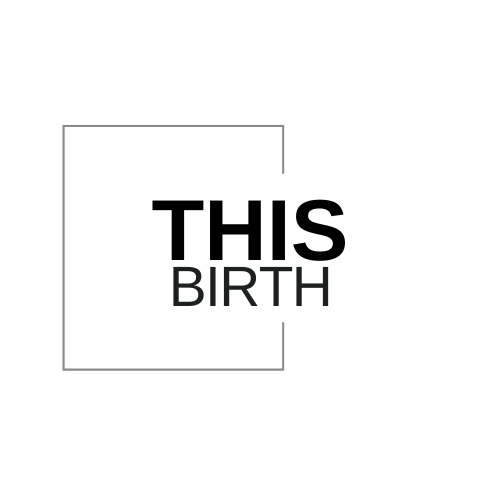WHY USE A PEANUT.. BALL.. DURING LABOUR?
In the journey of childbirth, every mother seeks comfort, support, and smooth progress. Among the various tools available to aid in this process, the peanut ball stands out as a valuable companion for expectant mothers during labor. Its unique shape and benefits have been increasingly recognized by healthcare professionals and mothers alike, revolutionizing the birthing experience. Let's delve into why the peanut ball has become a popular choice and how it can enhance the labour process.
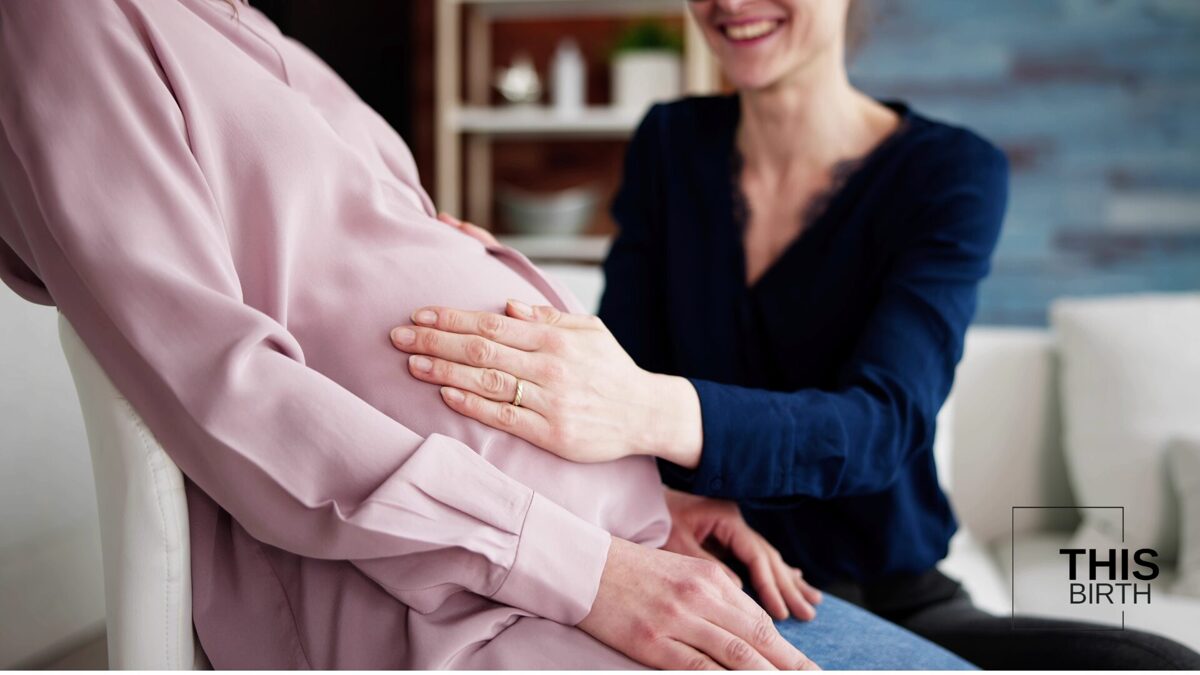
Understanding the Peanut Ball
The peanut ball, aptly named for its resemblance to a peanut in shape, is a versatile tool designed to support mothers during labor. Unlike traditional birthing balls, the peanut ball is elongated and has a narrower middle, making it ideal for a variety of positions, especially when lying down or in a semi-reclined position.
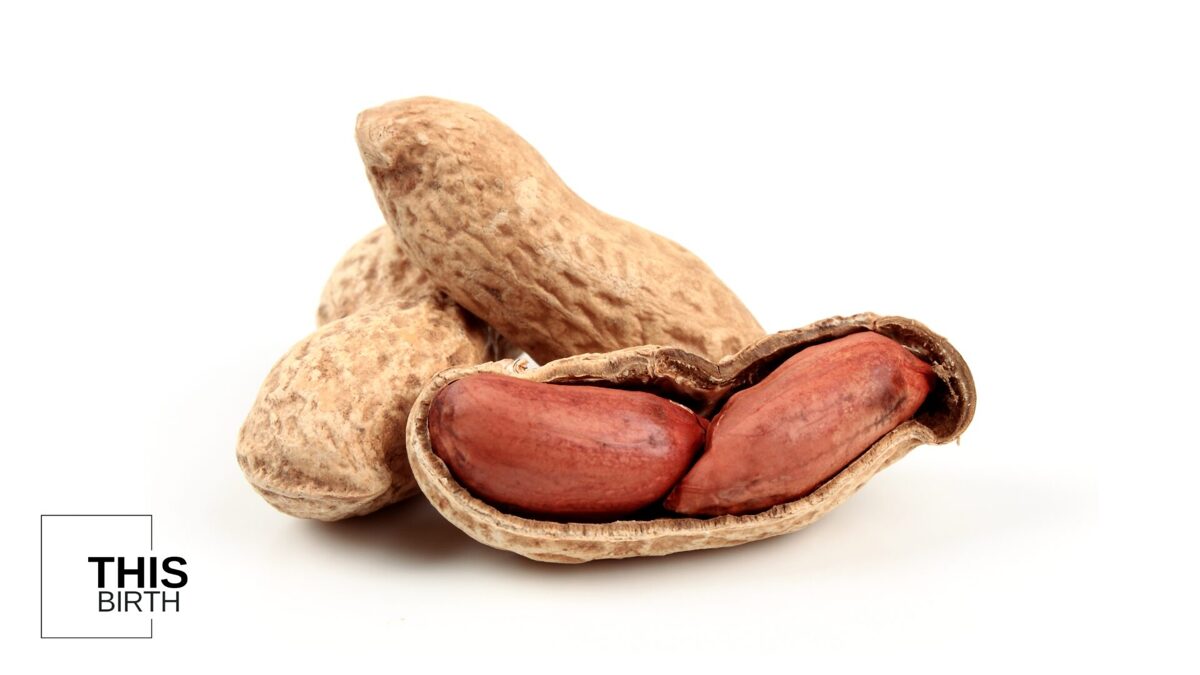
Benefits of Using a Peanut Ball During Labour
1. Optimal Pelvic Alignment
One of the primary benefits of the peanut ball is its ability to promote optimal pelvic alignment. Placing the peanut ball between the legs of a labouring mother helps to open up the pelvis, allowing the baby to descend more easily through the birth canal. This alignment can potentially shorten labour duration and reduce the risk of complications associated with prolonged labour.
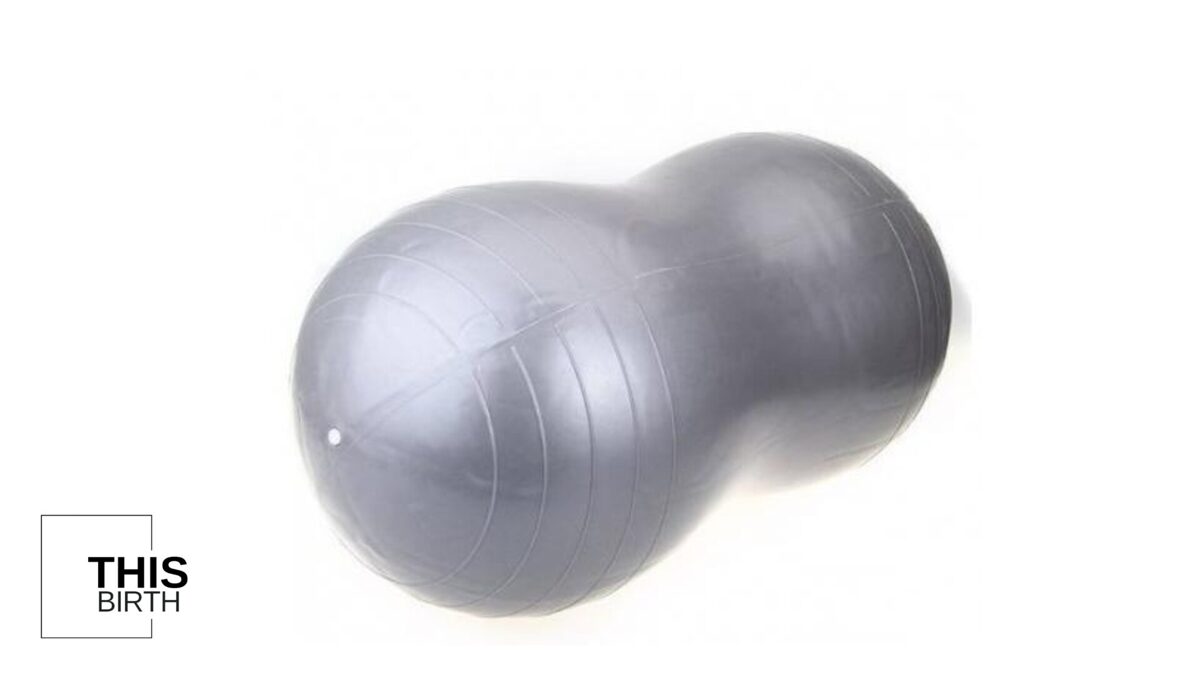
Labour can be physically and emotionally demanding for mothers. The peanut ball provides a supportive and comfortable surface for resting and relaxation between contractions. Its ergonomic design conforms to the body, relieving pressure points and allowing mothers to find positions that alleviate discomfort and promote relaxation during labour.
3. Facilitates the Rotation and Descent of the Baby
The peanut ball's unique shape encourages gentle rocking and swaying motions, which can help facilitate the rotation and descent of the baby during labour. By maintaining optimal positioning, the peanut ball assists in guiding the baby through the birth canal, potentially reducing the need for medical interventions such as vacuum extraction or caesarean delivery.
4. Partner Involvement and Support
The use of the peanut ball during labour is not limited to the mother alone. Partners, doulas, or healthcare providers can actively participate in supporting the labouring mother by assisting with the positioning and placement of the peanut ball. This involvement fosters a sense of partnership and empowerment, strengthening the support network surrounding the birthing experience.
Incorporating the Peanut Ball Into Your Birth Plan
If you're considering incorporating the peanut ball into your birth plan, it's essential to discuss your options with your healthcare provider or birthing team. They can provide guidance on the optimal use of the peanut ball based on your individual needs and preferences.
During labour, experiment with different positions and angles using the peanut ball to determine what feels most comfortable and effective for you. Remember, the peanut ball is a tool to enhance your birthing experience, and its use should complement your overall birth plan and preferences.
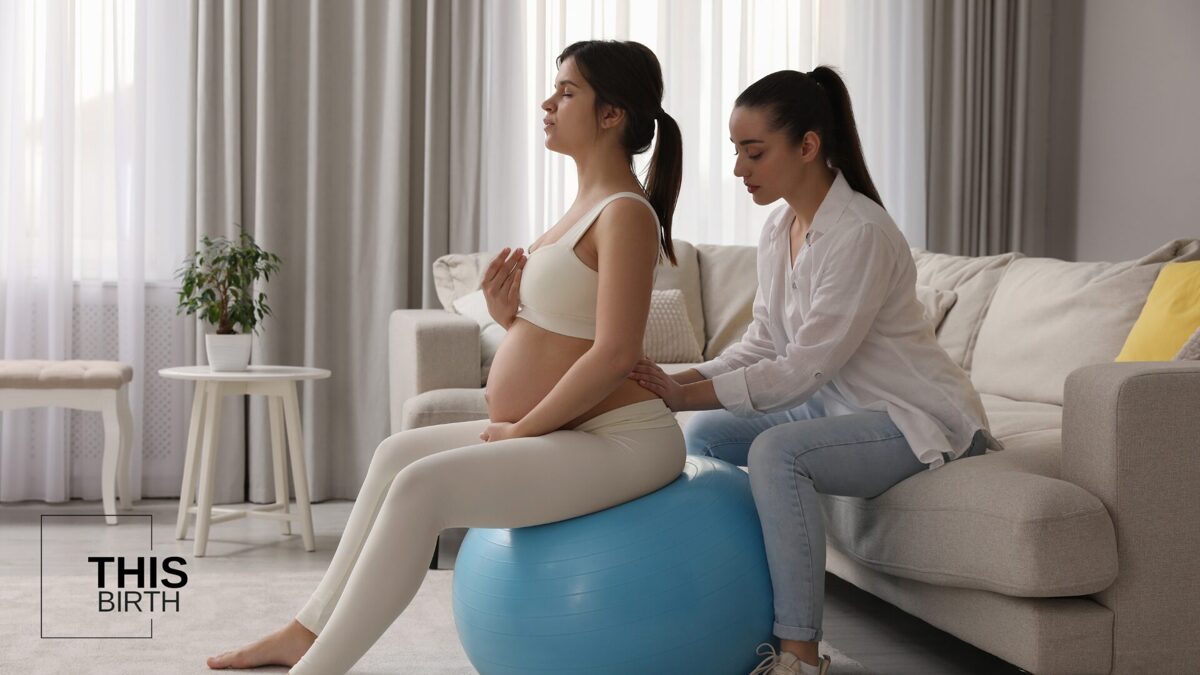
In Conclusion
The peanut ball has emerged as a valuable asset in the realm of childbirth, offering numerous benefits for laboring mothers. From promoting optimal pelvic alignment to enhancing comfort and relaxation, its versatile design caters to the diverse needs of expectant mothers during labor. By incorporating the peanut ball into your birth plan, you can take proactive steps towards maximizing comfort, progress, and positive birth outcomes. Embrace the journey of childbirth with confidence, knowing that you have a supportive companion in the peanut ball every step of the way.
Let me know in the comment section below if you ever have used a ball during labour, maybe even a peanut ball? Maybe you are just planning and researching your options? I am eager to hear!
What is EFT?
Well, a couple of years ago I had a pleasure to learn about EFT. Not only that. I teach this technique to my clients when I feel they would benefit from it. Please see the attached file for Your convenience and let me know how did You get on.

In Peace,
Zane
AFFIRMATIONS AND DECLARATIONS
When I work with people I can not emphasize enough how important our mindset is in order to create the result we desire.
Here come the part where affirmations come in handy. I invite You to read through them and have a feel. Does anything change at all in the way that You look at pregnancy and birth?
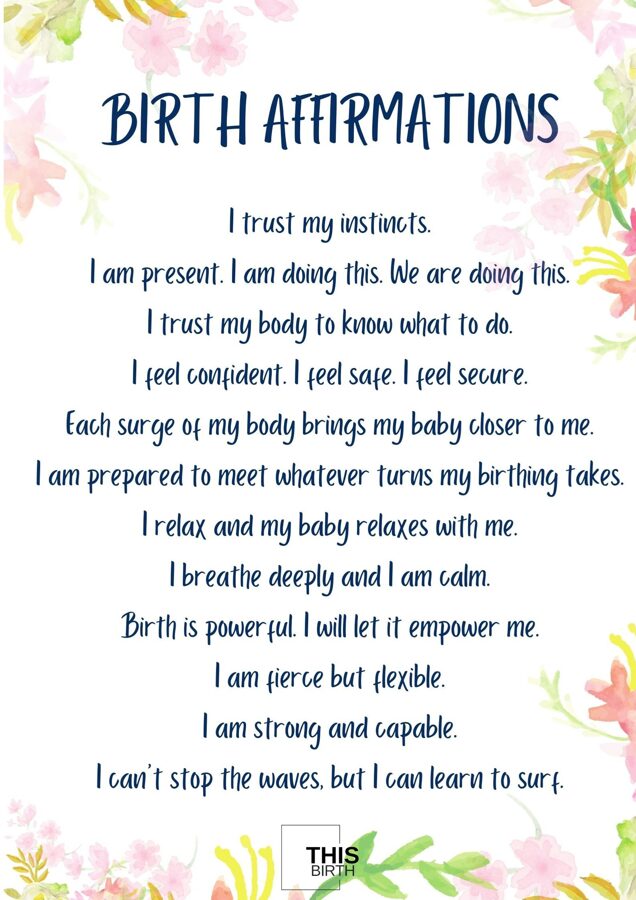
These affirmations are inspired by Tracy Donegan, MINDFUL PREGNANCY. Meditation, Yoga, Hypnobirthing, Natural Remedies, Nutrition. Trimester by Trimester.
I am Latvian by origin. One of most amazing treasures my ancestors have brought to our times are Dainas - poems that are similar to Japanese haiku. They are usually short with layers of symbolic meaning included.
For my Latvian clients I have created these few affirmation cards, that can be printed as liked (be it cards, t-shirt, mug or poster - sky is the limit!) tautas_dziesmas_-_afirmacijas.pdf
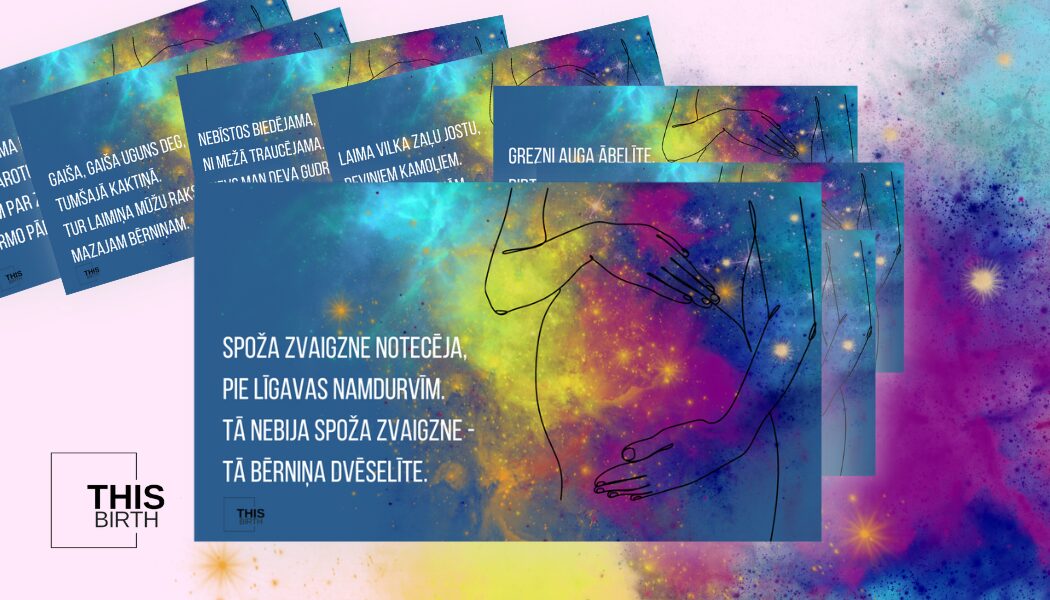
Hope You have a peaceful Sunday evening and may You rest and have plenty of energy for the new week to come!
In Peace,
Zane
MATERNAL POSITIONS AND MOBILITY DURING FIRST STAGE OF LABOUR
It is more common for women in both high‐ and low‐income countries giving birth in health facilities, to labour in bed. There is no evidence that this is associated with any advantage for women or babies, although it may be more convenient for staff. Observational studies have suggested that if women lie on their backs during labour this may have adverse effects on uterine contractions and impede progress in labour, and in some women reduce placental blood flow.
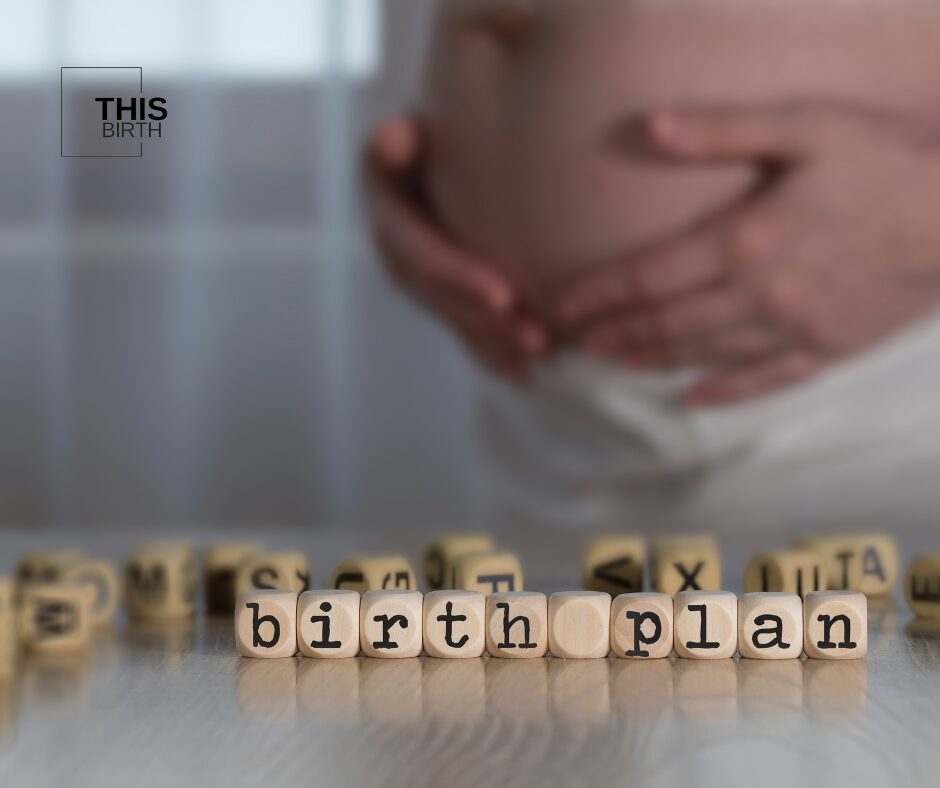
There is clear and important evidence that walking and upright positions in the first stage of labour reduces the duration of labour, the risk of caesarean birth, the need for epidural, and does not seem to be associated with increased intervention or negative effects on mothers' and babies' well being. Given the great heterogeneity and high performance bias of study situations, better quality trials are still required to confirm with any confidence the true risks and benefits of upright and mobile positions compared with recumbent positions for all women. Based on the current findings, we recommend that women in low‐risk labour should be informed of the benefits of upright positions, and encouraged and assisted to assume whatever positions they choose.
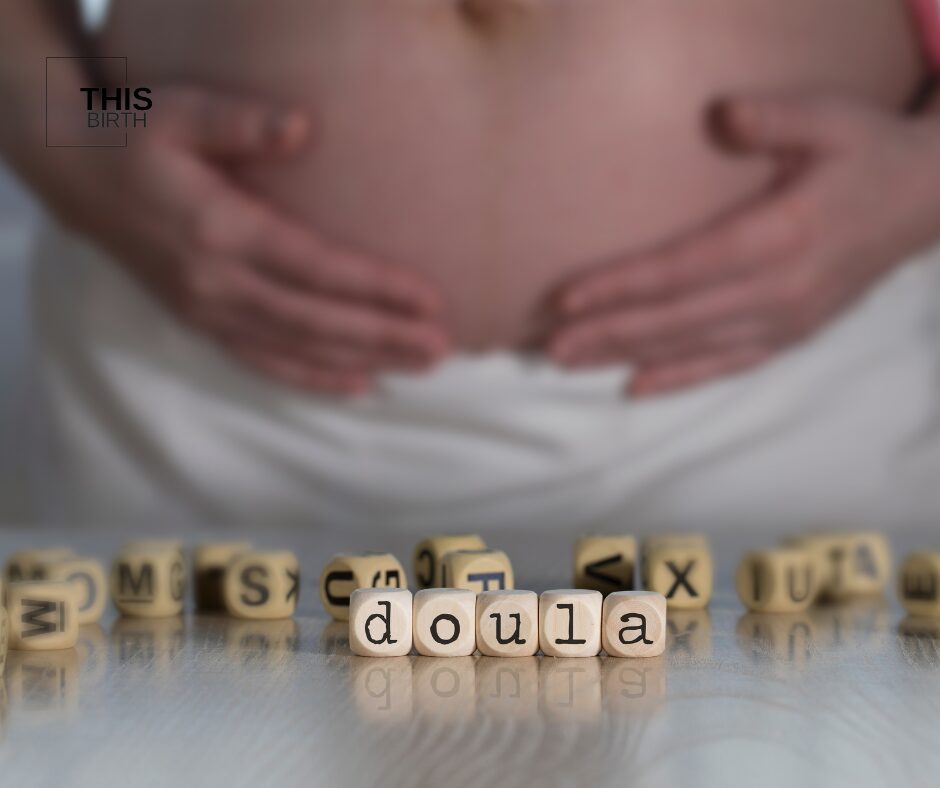
There is little doubt that women should be encouraged to utilise positions which give them the greatest comfort, control and benefit during first stage labour. As women in most western societies now lie in bed for the entire duration of their labour, it is important that they understand the risks and benefits of the positions they choose.
This review included 25 studies (involving 5218 women). Although many studies were not of high quality, and most of the women were low risk, they did show that the first stage of labour may be approximately one hour and twenty minutes shorter for women who are upright or walk around. As every contraction is potentially painful, and prolonged labour can be an overwhelming and exhausting process resulting in an increased need for medical intervention, this is a meaningful outcome for women. Indeed other important outcomes for women who were upright and mobile compared with lying down in bed included a reduction in the risk of caesarean birth, less use of epidural as a method of pain relief, and less chance of their babies being admitted to the neonatal unit. More research of better quality is still needed to validate these results for all women in labour. However, based on the results of this review we recommend that wherever possible, women should be encouraged and supported to use upright and mobile positions of their choice during first stage labour, as this may enhance the progress of their labour and may lead to better outcomes for themselves and their babies.
Maternal positions and mobility during first stage labour - Lawrence, A - 2013 | Cochrane Library
Fertility, Hormones and Health in General
What an amazing conversation.
Please spare a couple of hours to listen to this podcast. It will most definitely open Your eyes to some of the topics related to fertility. If not and You are already well informed - it is always lovely to get an affirmation.
This talk is something I'd love to introduce when talking to teens or even pre teens. Even more people who wish to be parents one day. And if not that - to be the healthiest version of themselves.
Topics that interested me the most:
IUD's/ Hormones Holistically observed/Microbiome
" Sara Gottfried, M.D., a Harvard-trained, board-certified gynaecologist and clinical assistant professor of integrative medicine & nutritional sciences at Thomas Jefferson University. Dr. Gottfried specializes in hormone health, vitality and longevity using precision/personalized approaches. We discuss female hormone health, puberty, perimenopause, and menopause, hormone testing, the microbiome, stress related hormone challenges, their causes, and various treatments. "
PAIN AND SUFFERING

Pain and suffering are related but distinct experiences. Pain refers to the physical or emotional discomfort that is experienced in response to a particular stimulus, such as injury or illness. It is a natural response of the body and mind to perceived danger or harm.
Suffering, on the other hand, refers to the emotional and mental distress that can accompany pain. It is the experience of distress, hardship, or discomfort caused by events or circumstances beyond one's control. Suffering often involves feelings of hopelessness, frustration, and despair, and can lead to negative emotions like depression, anxiety, or anger.
In short, pain is a physical or emotional response to a specific stimulus, while suffering is the distress that can result from that pain, or from other events or circumstances. While pain can be unavoidable, suffering can often be reduced or prevented through mindfulness, positive coping strategies, and support from others.

According to Carl Jung's concept of psychology, pain and suffering are two aspects of the human experience that can impact our overall well-being. Pain is a physical or emotional discomfort that is a natural response to perceived danger or harm. Suffering, on the other hand, refers to the mental and emotional distress that results from pain or other challenging experiences. Jung believed that suffering can often be the result of unconscious patterns of behaviour and thought, and that facing and understanding these patterns is an important part of personal growth and psychological development. By exploring the root causes of suffering and working through unconscious patterns, individuals can find a way to reduce or overcome suffering, leading to greater well-being and a more fulfilling life.
SOUNDS DURING LABOUR AND BIRTH?
I am adding this piece of a gem for Your admiration. Found it a little while back and I highly recommend it. Partly creation comes from my native Latvia. But. all songs are sung in an imagined/intuitive language. Let me know what and how You feel when listening to these.
I hope to come up with more musical/sound background options for Your enjoyment during this precious time of Yours.
Some music here
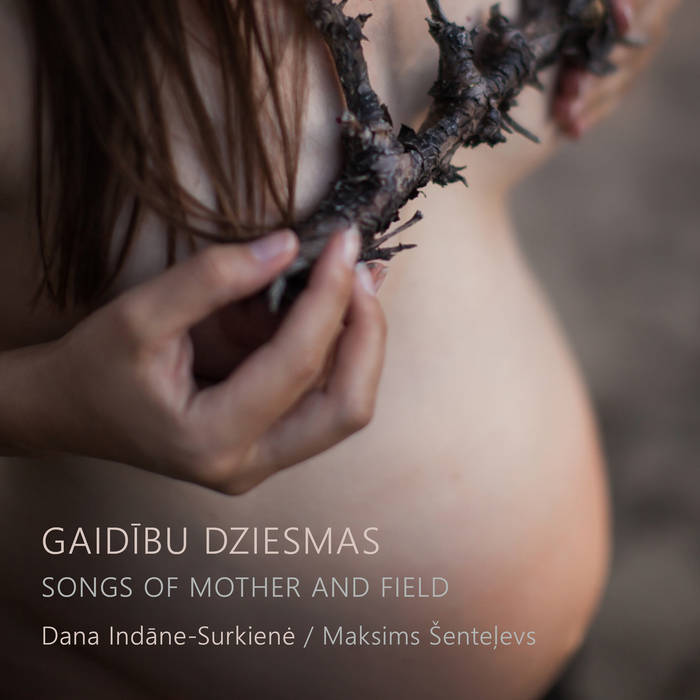
More info here
In Peace,
THIS BIRTH, Zane
Welcome!
This space is dedicated to document, educate and celebrate all things that THIS BIRTH embodies.
If You feel like there is a topic that needs my attention, do not hesitate to drop a link!
